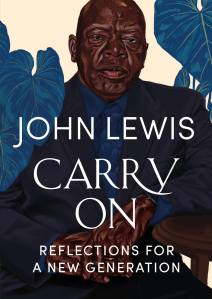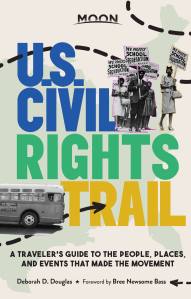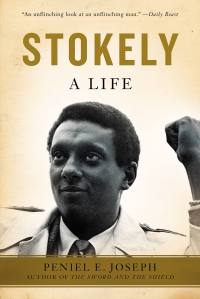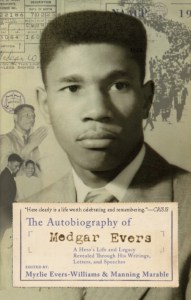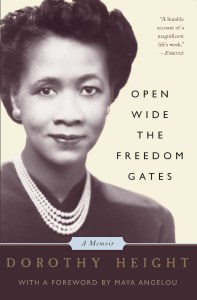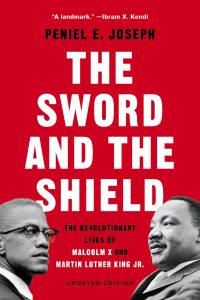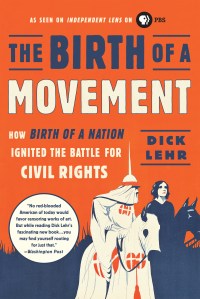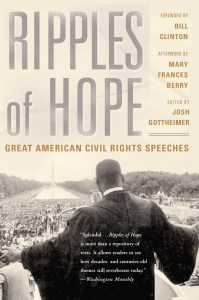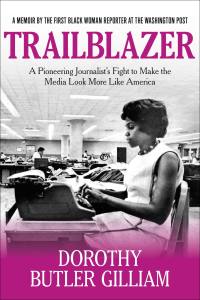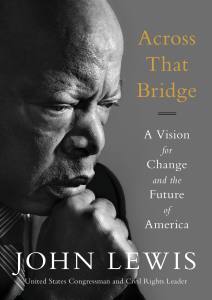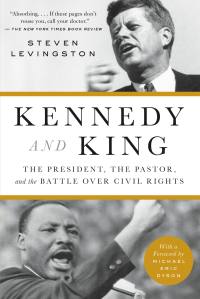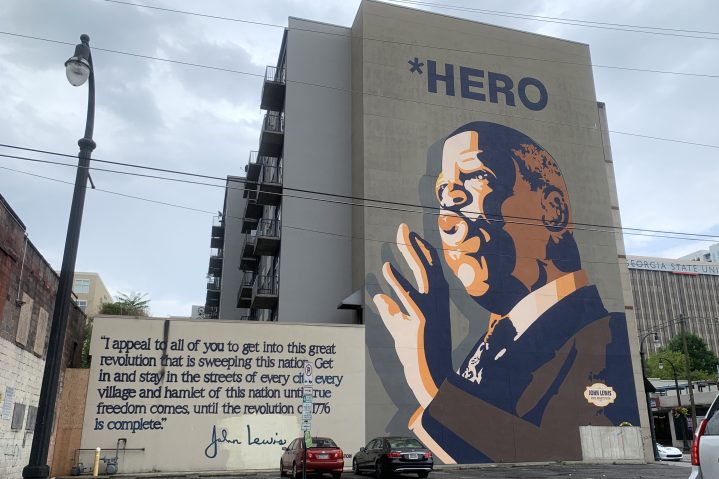Great Books About Figures From the Civil Rights Movement
The Civil Rights Movement, which started in America in the 1940s, was a campaign by Black Americans and their allies to bring about the end of racial discrimination, disenfranchisement and racial segregation in the United States. The movement had roots in the Reconstruction era of the 1800s, and it brought about a lot of change and advancements for Black Americans. From the 1940s to the end of the movement in the late 1960s, the movement’s practice of nonviolent resistance and civil disobedience eventually secured new protections in federal law for the human rights of all Americans, and brought about large legislative gains.
While there were improvements, it was not without its costs. There was racism and violence in response to the movement, and many people lost their lives, including key Civil Rights figures. While the fight for racial equality and justice continues in America today, it is important to remember the men and women who worked tirelessly to help forge a path, and to reflect on the important actions and leaders in Civil Rights history. Here are 13 wonderful books to help you learn more about the heroes of the Civil Rights Movement and the change they brought about.
Congressman John Lewis was an important figure of the Civil Rights movement and a beloved political figure for many decades. Though he passed away in 2020, his words of hope and his call to "make good trouble" will serve as inspiration for generations to come, and this concise book organizes his wisdom by topic.
People looking to learn more about the Civil Rights movement firsthand and enjoy traveling can use this thorough guide to see historic sites up close and in person. This handy guide takes travelers to such key locations of the Civil Rights movement as the Lorraine Motel in Memphis, the Emmett Till Intrepid Center, and the Little Rock Nine memorial. It covers America from Georgia up to Washington D.C.
Joseph paints a complete portrait of Stokely Carmichael, a Black activist whose call for "Black Power" during a speech in Mississippi in 1966 launched a movement. Fueled by the slow change of the Civil Rights movement and the assassinations of key leaders, Carmichael went on to organize the original Black Panther party, only to leave it and America in his late twenties, to the surprise of his fellow party members.
Evers was the NAACP's first field secretary in Mississippi and a leader of the movement when he was shot and killed in 1963 by a white supremacist (who did not see the inside of a jail cell until thirty years later.) This book is compiled of Evers's writings, from NAACP reports to correspondence with other important figures of the times.
Dorothy Height was one of the only women to have a front seat during some of the most pivotal moments in Civil Rights history. She was onstage when Martin Luther King Jr. delivered his "I Have a Dream" speech, met with many presidents from Eisenhower to Clinton, and led the National Council of Negro Women for forty-one years. Written when she was 91, this is Height's story, from her early childhood encounters with racism to her storied career and work for justice and equality.
This is a powerful dual biography of Malcolm X and Martin Luther King, arguably the most famous and influential figures of the Civil Rights movement. Joseph presents fresh information about both men—who were both murdered fighting for their cause—and examines their contrasting ideals: Malcom X's self-defense vs. Martin Luther King's nonviolence.
And here is a look at a couple of key figures on both sides of the fight for equality in America. Monroe Trotter, was a journalist and son of a Civil War soldier in an all-Black regiment. D.W. Griffith was a filmmaker, whose movie Birth of a Nation depicted the KKK as heroes and freed slaves as villains. The film led Potter to begin a crusade to have it censored, which paved the way for later dissent and movements.
Drawing from great speeches not just of the Civil Rights movement, but of the fight for all civil rights, this book includes impassioned speeches by of the civil rights movement of African Americans, Asian Americans, queer people, Hispanic Americans, and women. Contributions include speeches from Sister Souljah, Spark Matsui, and Harvey Milk.
This is a riveting memoir by Dorothy Butler Gilliam, who spent over fifty years working as a journalist. Beginning with her childhood in the segregated South before the civil rights movement to her life as a wife and mother, Gilliam recounts how she worked hard to achieve a career as a journalist, something almost unheard of for a Black woman at the time, and how she fought to keep the important stories about racism in America on the pages of newspapers.
Another fantastic book by Rep. Lewis, this one published before his death. He imparts concise, intelligent advice from his decades of experience as a dedicated advocate of nonviolence to anyone looking to challenge injustices and make a difference in the world.
And this is a fascinating account of two of the most important leaders of the 20th century, Martin Luther King, Jr and President John F. Kennedy, and highlights their impact on each other and the battle for civil rights. Levingston details how King inspired Kennedy to finally make a commitment to equality for all, working together from 1960 through 1963, when Kennedy was assassinated.
